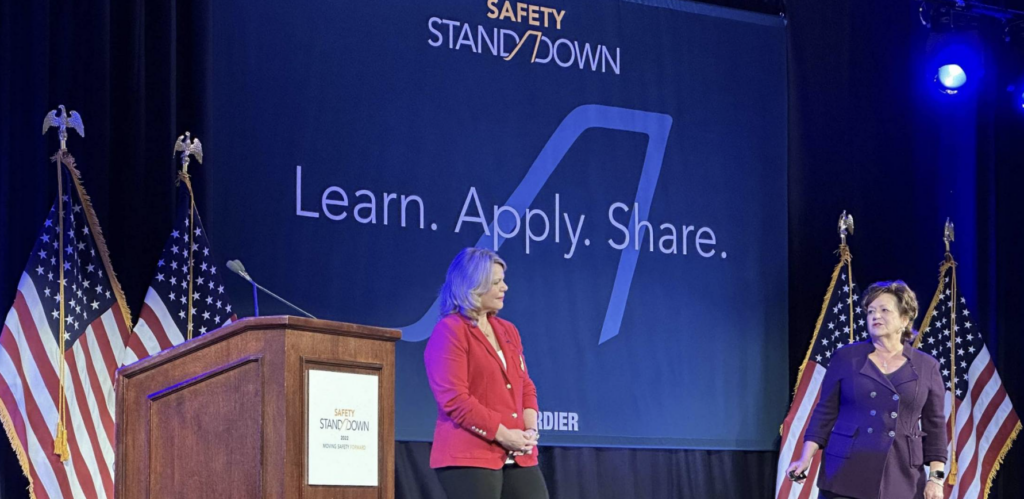
Every one of us in aviation needs to show up engaged and empowered. That is the message that NTSB board member Michael Graham shared last week at the Bombardier Safety Standdown in Wichita.
After all, engagement is critical in creating a safety culture and a safe environment. But what happens when someone in the flight department comes to work disengaged? What if they’re preoccupied with an internal work issue or something going on externally? The list of personal and professional concerns that can affect safety is long.
Perhaps someone on your team is:
finding themselves at odds with a colleague they can’t tolerate
— overworking themselves to accommodate someone
— going through relationship strife at home
— being unfairly judged or harassed due to their personal choices or political beliefs
— feeling depressed and unable to take medication for fear of losing their pilot’s license
— dealing with a sick or dying love one
— sending a kid off to college
— feeling unsafe to be their authentic selves
There are so many internal and external factors that can affect our ability to fully engage.
So how does someone in aviation safety ensure they are addressing the personal, as well as the human, elements of safety? What does one do so that internal and external human factors don’t end up causing a catastrophic failure?
Pushing the Envelope
Addressing these hot topics—human topics—was the premise for a talk that my esteemed API colleague, Jennifer Pickerel, and I gave at the Safety Standdown. We co-presented, “Safety: It Starts with People,” and we are grateful to Bombardier for providing a keynote opportunity to do so.
To our surprise, attendees later pulled each of us aside and thanked us for “going there.” Several told us that they heard their stories when we discussed gender and LGBTQ+ issues. More than a few said that we finally talked about what’s “needed to be said for years.”
Another emailed Jen after the conference saying, “You shook things up quite a bit. Between you guys and Tony Kern talking about gender discrimination, you made the execs squirm.”
And, I thought, “Oh geez, we did?!”
So I took a step back and realized that Jen and I are so submerged in the world of HR that these hot topics are everyday fare for us. It wouldn’t occur to us that addressing the human elements of safety would be considered “controversial.”
It became very clear that a significant number of the 400+ attendees were thirsty for these human-related safety topics. The reaction and feedback we received indicated we need to move toward more positive—more modernized—safety cultures.
“No leader likes confrontation,” said attendee Bryan Burns, president of the Air Charter Safety Foundation. “But the problem is you get what you tolerate. We need to remove any form of harassment—gender, racism, and diversity—to operate a healthy company culture,” he said.
Bombardier was very intentional to address the human aspects of safety. Sonnie Bates spoke about emotional intelligence. Dr. Tony Kern addressed sexual harassment. And Matt McNeill talked about mental health and substance abuse.
Over my next several AINsight columns, I’ll be delving into many of the “hot topics” we discussed at the Standdown. I’ll share many of the scenarios from our talk that your teams are contending with—and it’s a lot.
It’s time for aviation leadership to lean into these issues. And I hope that by shining a light on them, we can improve safety through engagement and empowerment. As our flight department teams (and country) are more divided than ever, let’s all push the envelope and “get comfortable being uncomfortable”—for the sake of safety.
Sheryl Barden, CAM, is the president and CEO of Aviation Personnel International, the longest-running recruiting and HR consulting firm exclusively serving business aviation. A thought leader on all things related to business aviation professionals, Barden is a former member of NBAA’s board of directors and NBAA advisory council.
The opinions expressed in this column are those of the author and not necessarily endorsed by AIN Media Group.
As originally seen in Aviation International News. View the article here.
